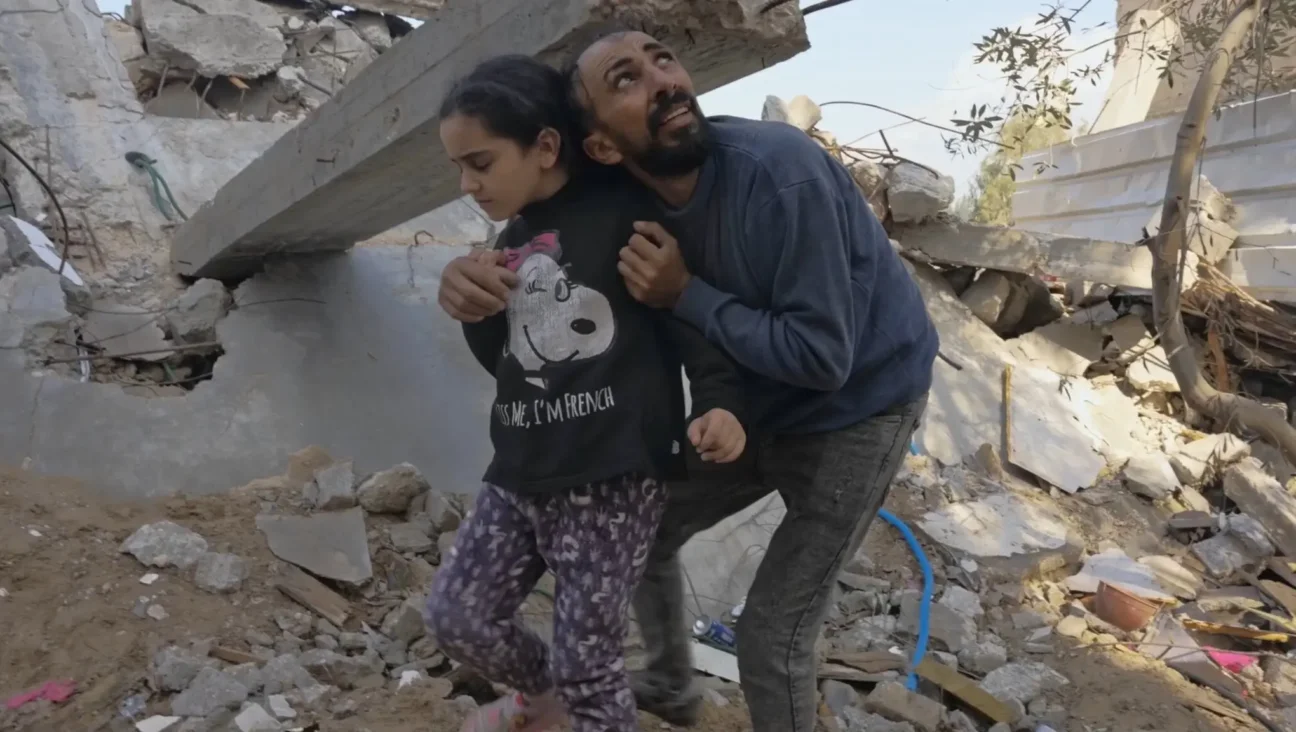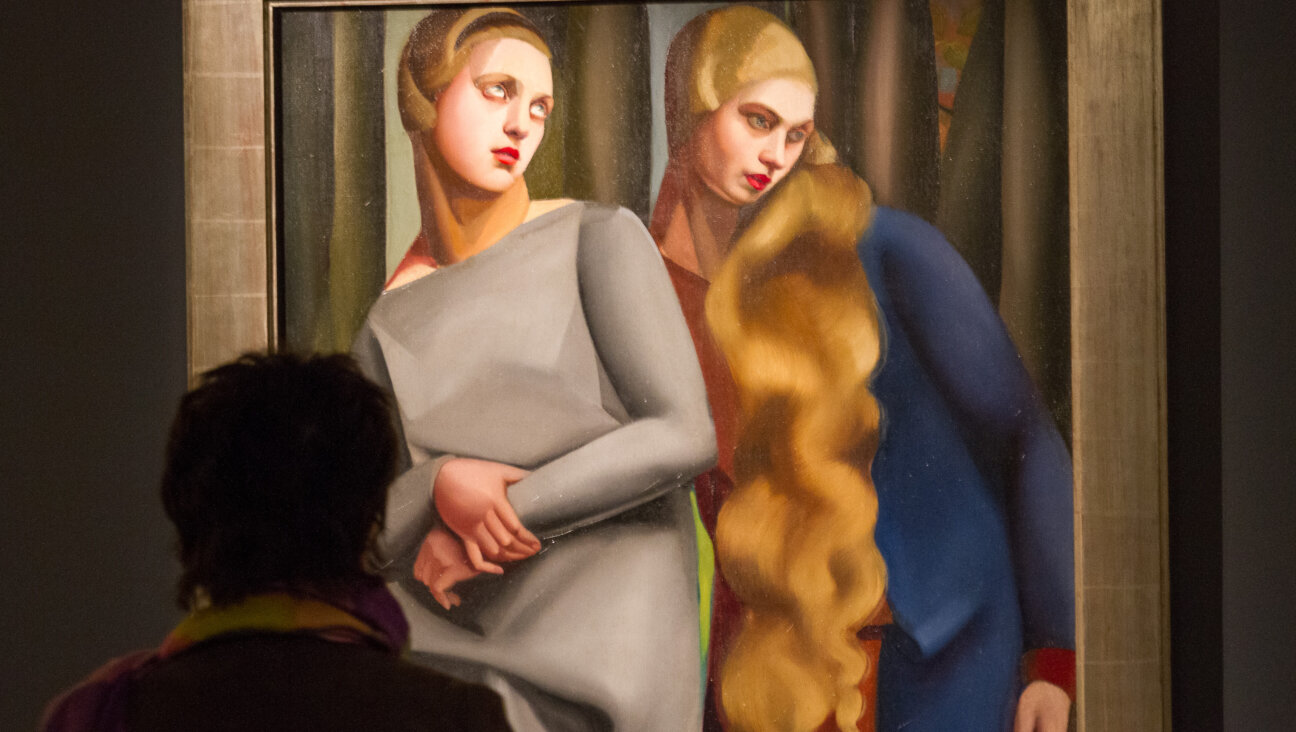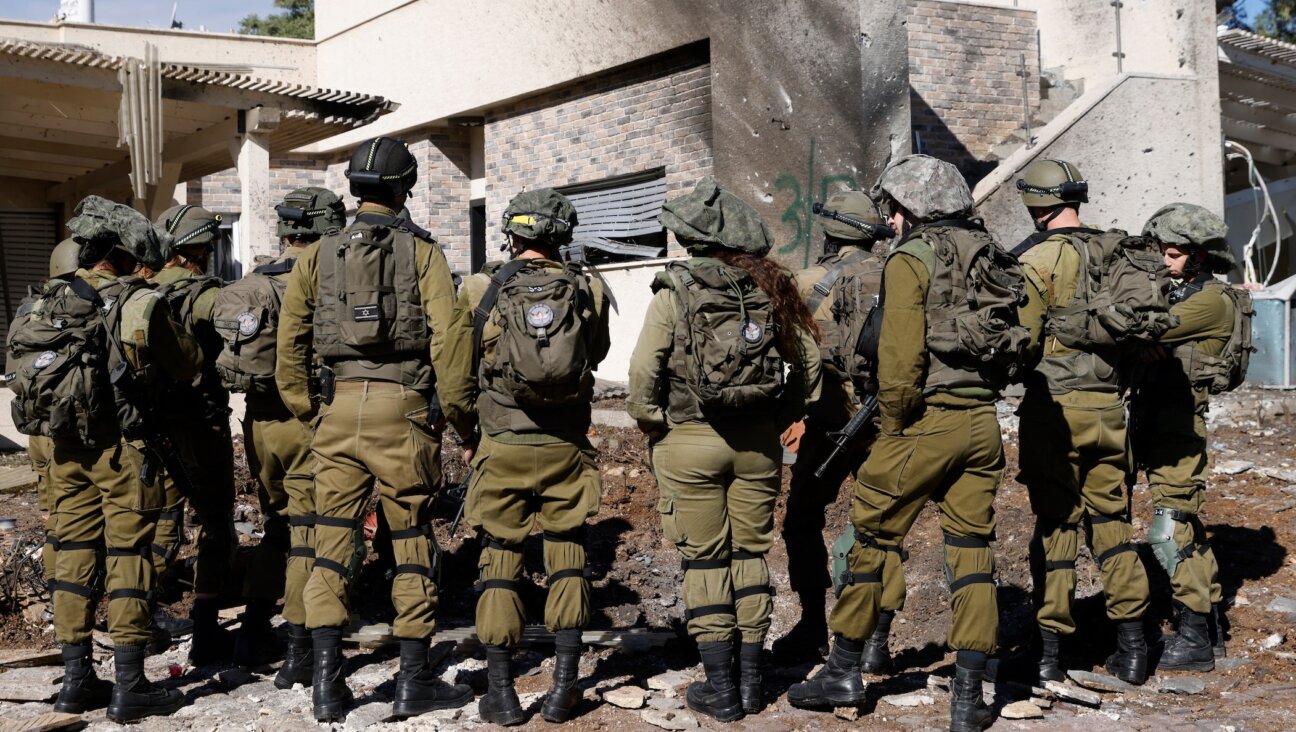Catholic Colleges Give Jewish Programs a Lift
A cross balances atop the spire of Lyons Hall on Boston College’s campus. But a hint of a Jewish presence — a small Israeli flag — is visible through one window of the Gothic-influenced building. That’s the office of Maxim Shrayer, chair of the Slavic and Eastern languages department — which is also the home of Boston College’s new Jewish studies program.
Boston College, a Catholic institution, is starting up a minor in Jewish studies. Georgetown University and the University of Scranton are doing the same. All three schools are run by the Jesuits, a Catholic order devoted to social justice, intellectual inquiry and rigorous education, both religious and secular. The schools are not the first Catholic colleges to offer minors in Jewish studies; the University of San Francisco started one 20 years ago, which it recently abandoned, and Fairfield University’s minor is 12 years old and counting. However, this new wave of minor programs points to a reassessment about Jewish studies’ place in the academic regime of Catholic universities.
Jewish studies have been gaining ground at Catholic colleges since the Second Vatican Council declared a new relationship between the Church and the Jewish people in 1965. But often, Catholic schools’ inclusion of Jewish studies was limited to the occasional campus speaker, an annual “interfaith dialogue,” or a token rabbi or Jewish scholar hired to teach a religion class. Even those schools that went further and opened Jewish institutes on their campuses typically limited their scholarship to a few topics: Jewish-Christian relations, the Hebrew bible, the Holocaust and Israel, for example.
At the same time, however, Catholic colleges were hiring Jewish scholars in other departments, from history and literature to political science and the arts. These professors introduced secular Jewish studies courses in their fields of expertise. “When you have enough courses, you can have a minor,” said Eugene Fisher, associate director of the Secretariat for Ecumenical and Interreligious Affairs of the U.S. Conference of Catholic Bishops.
A message from our Publisher & CEO Rachel Fishman Feddersen

I hope you appreciated this article. Before you go, I’d like to ask you to please support the Forward’s award-winning, nonprofit journalism so that we can be prepared for whatever news 2025 brings.
At a time when other newsrooms are closing or cutting back, the Forward has removed its paywall and invested additional resources to report on the ground from Israel and around the U.S. on the impact of the war, rising antisemitism and polarized discourse.
Readers like you make it all possible. Support our work by becoming a Forward Member and connect with our journalism and your community.
— Rachel Fishman Feddersen, Publisher and CEO






















